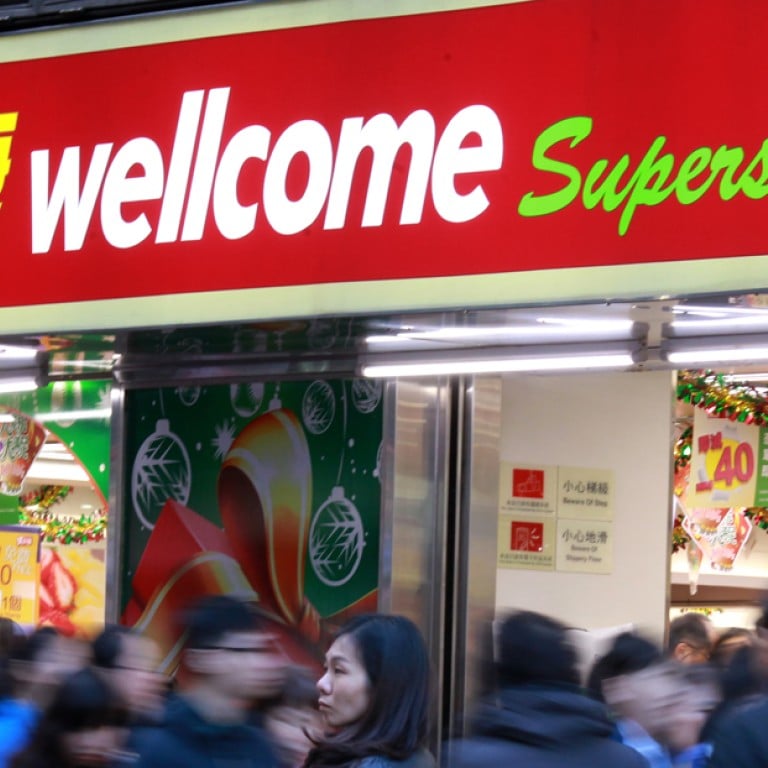
Beefed-up trade description law can help eliminate rip-offs
The Customs and Excise Department is to be commended for flexing its muscles for the first time under the newly amended law against false-trade description. In one of the most bizarre "special promotions", supermarket giant Wellcome was offering potato chips which turned out to be pricier after discount - two packs for HK$11.50 or HK$5.50 for one.
Except for the price-conscious, most consumers do not mind paying an extra dollar or two even if they know a product is sold cheaper elsewhere. But there are times shoppers fall into a trap or part with their money without checking the price tag carefully. Even if they are short-changed by just 50 cents, most find it hard to swallow. The Customs and Excise Department is to be commended for flexing its muscles for the first time under the newly amended law against false-trade description. In one of the most bizarre "special promotions", supermarket giant Wellcome was offering potato chips which turned out to be pricier after discount - two packs for HK$11.50 or HK$5.50 for one. The price tag, usually in a special colour to attract shoppers' attention, was deemed having a false or misleading trade description. The supermarket branch in Yau Ma Tei pleaded guilty and was fined HK$10,000.
The 50 cents may be small money. But the conviction is symbolic, in that it is the first time the tightened law has been applied since being introduced last July amid growing public concern over misleading sales practices. It shows that our law enforcers are getting serious about unscrupulous traders. It has sent the right signal that deception and fraud will not be tolerated.
How much profit the misleading price tag has brought to the supermarket chain is something that can only be guessed at. But the fine can be covered by selling 20,000 packets of chips. Although the maximum penalty is HK$500,000 and imprisonment of five years, it appears to be insignificant to big companies if they can escape with a fine. The authorities should closely monitor whether a review is needed.
Potato chips with fake discounts is probably just one of the many examples of false trade description across the city. The 2,000-odd complaints received after the new law came into force suggests misleading practices are still rampant. Officials should not hesitate to move onto bigger cases, lest the law be seen as a toothless tiger.

